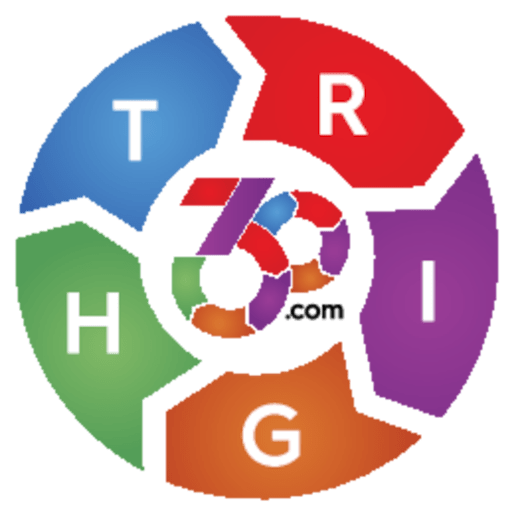-
Economy – Starting the conversation.
Exploring the U.S. Economy – Fiscal Policy, Saving, Investing, Jobs, And Retirement
Economics refers to how societies allocate resources to meet their members’ needs. This article will explore the U.S. economy while addressing issues such as fiscal and monetary policies, savings and investments, jobs, and retirement.
The US economy is the backbone of the global economy and significantly influences the global economy.
The success of American capitalism has inspired other countries to embrace a market-driven economy, allowing the rapid development of countries that embrace this economic model, such as South Korea.
However, our economy faces various challenges, domestically and abroad, such as the ongoing fight against capitalism, unfair trade practices by traditional adversaries such as China, the energy crisis, and bad economic policies by various administrations, such as the current one.
The fiscal policy adopted by an administration determines the rate at which an economy grows and whether the country will enter a recession or experience runaway inflation.
Governments and central banks have various tools at their disposal to influence economic activities.
Fiscal and monetary policies that affect the country’s economic activities include increasing or reducing government spending, taxes, and interest rates.
For example, a government can increase expenditures to prevent a recession or lower interest rates to encourage borrowing and investment.
However, these actions could have unintended consequences, such as raising inflation and the prices of commodities and effects on savings.
Described as putting money away for emergencies, investment, or retirement, savings is a pillar of any strong economy.
However, a poor savings culture prevents people from building wealth and achieving financial goals such as building a house or planning for retirement.
This undermines investing, which is the process of acquiring assets with expectations of returns.
Typical investments include stocks and bonds, mutual funds, exchange-traded funds (ETFs), and real estate.
Although investments accumulate wealth over time, investors must bear the risk of losing their capital. Therefore, evaluating every investment opportunity before committing resources becomes imperative.
Jobs are the most critical aspect of any economy. An economy without enough jobs locks many citizens from participating in nation-building, leading to various social problems such as crime, homelessness, illiteracy, infant mortality, and drug abuse.
Jobs help citizens earn income to meet their daily needs, accumulate savings, and invest in businesses. The lack of enough jobs triggers a vicious cycle of poverty that many developing countries cannot overcome.
A developed economy like ours can also put millions into poverty during a recession.
For example, the U.S. economy lost 8.7 million jobs during the 2008 Recession, according to the Bureau of Labor Statistics.
Similarly, according to the Treasury Department, American households lost $19 trillion in net worth during the Great Recession.
Technological changes, economic growth, and government policy heavily influence the job market. Technology and innovation can create more jobs or displace workers, while economic development affects the supply of jobs.
Government can also influence the job market through various policies such as professional regulations and employment laws, including minimum wage requirements.
Lastly, the economy must be able to support individuals after leaving the job market after years of service in a process known as retirement. During retirement, individuals stop working and depend on other sources of income.
Individuals should choose a retirement plan with the most benefits to avoid being forced to work after leaving service.
They can choose employer-backed plans such as 401(k)s or individual retirement accounts (IRAs). Similarly, the government provides Social Security for people unable to work.
Sadly, there is an increase in the number of senior citizens over 75 years old forced to work to meet their needs.
According to the Bureau of Labor Statistics, 8.9% of workers in the U.S. labor market were septuagenarians or older, which is expected to reach 11.7% by 2030.
Economics is a multifaceted field that affects various aspects of people’s lives. Government policies influence multiple aspects of the economy, such as job creation, savings, investment, and retirement.
Sound fiscal and monetary policies can lead to increased growth, while the opposite could lead to recession, inflation, loss of jobs, and other economic woes.
Individuals also play a crucial role in making the right economic decisions, such as working, saving, investing, and retirement planning.
However, with Bidenflation hitting the roof and taxes at an all time high, many Americans are finding it difficult to save, invest, or plan for retirement.
Sorry, there were no replies found.
Log in to reply.

